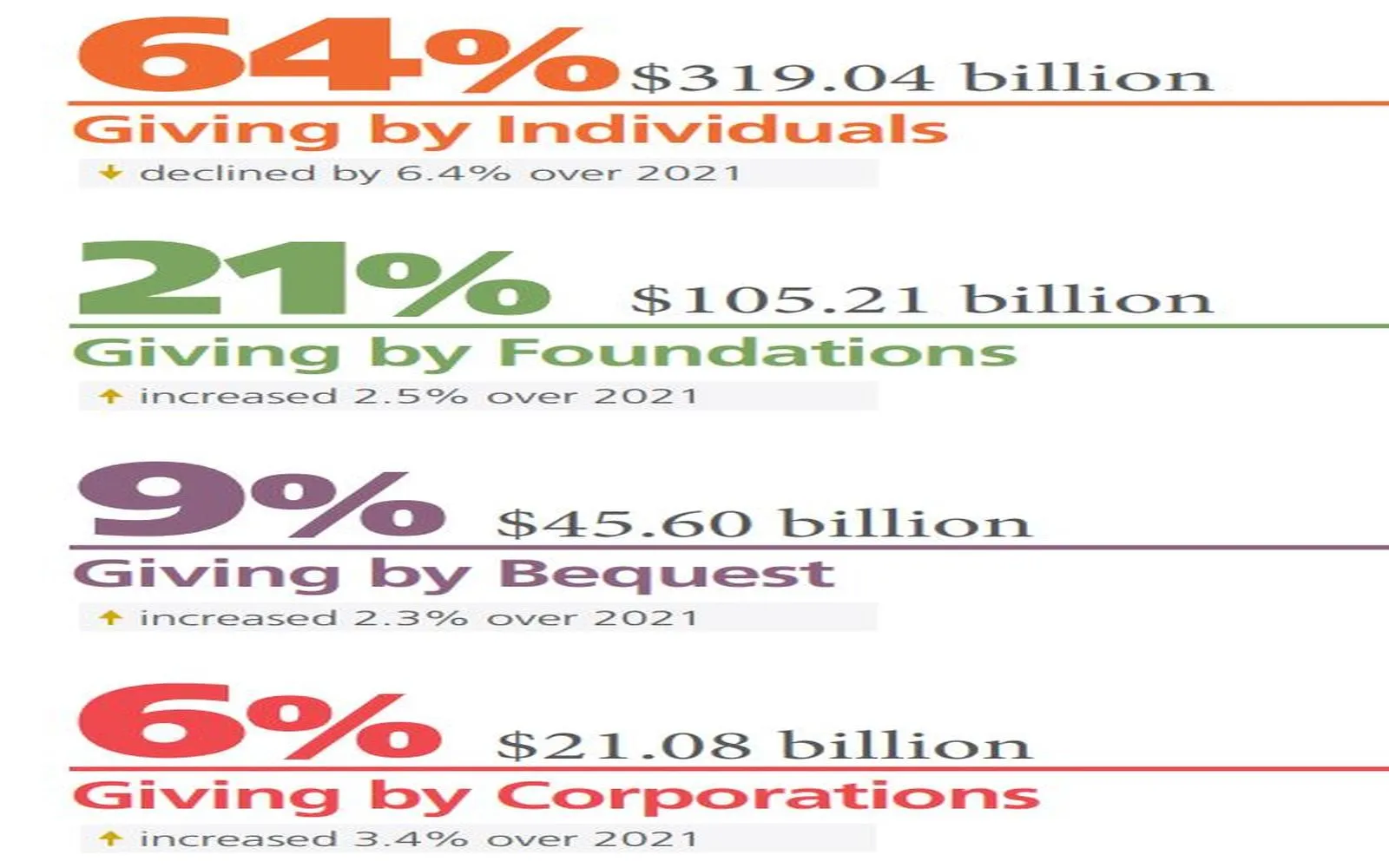Make a Difference in 2025: How Donating Money to Charity Transforms Lives and Communities
Introduction
As we step into 2025, the call for humanitarian efforts and community support has never been more pressing. The global challenges we face, such as poverty, inequality, and climate change, demand collective action and generosity. Donating money to charity is one of the most impactful ways individuals can contribute to societal improvement. This article explores how charitable donations not only transform the lives of individuals in need but also uplift entire communities, fostering a cycle of positive change.
The Power of Philanthropy
Philanthropy, derived from the Greek word 'philanthropia,' meaning 'love of humanity,' is the altruistic effort to promote the welfare of others. In 2025, the power of philanthropy remains a driving force in addressing societal issues. Money donated to charities often serves as a lifeline for those facing dire circumstances, providing essential resources that can spark significant change.
Every donation, no matter how small, has the potential to create a ripple effect. For example, a single contribution can help fund a scholarship for a deserving student, enabling them to pursue higher education and break the cycle of poverty. Similarly, donations to health-related charities can provide life-saving treatments to those who would otherwise go without. The impact of giving extends far beyond the initial financial support; it inspires hope, resilience, and empowerment.
Transforming Lives
At the core of charitable giving is the profound ability to transform lives. When individuals donate to charity, they are often supporting initiatives that provide direct assistance to those in need. This can take many forms, from food banks supplying meals to families facing hunger, to shelters offering refuge for those escaping domestic violence.
Consider the story of Sarah, a single mother who lost her job during an economic downturn. With bills piling up and no income, Sarah found herself at a crossroads. A local charity stepped in, providing her with financial assistance, job training, and access to childcare services. Thanks to the generosity of donors, Sarah was able to regain her footing, secure a stable job, and provide for her children. Her experience illustrates how targeted charitable donations can not only alleviate immediate hardships but also empower individuals to build better futures.
Building Stronger Communities
Charitable donations also play a crucial role in building stronger, more resilient communities. When individuals contribute to local charities, they help fund programs that address specific community needs. This can include initiatives focused on education, healthcare, housing, and the arts.
For instance, funding for local schools can enhance educational resources, leading to improved student outcomes and higher graduation rates. Investments in community health programs can increase access to medical care, reducing overall health disparities. By supporting local organizations, donors help create a sense of unity and collaboration, as community members come together to tackle shared challenges.
Moreover, charitable donations often foster a culture of giving within communities. When individuals witness the positive changes resulting from philanthropy, they are more likely to contribute themselves, leading to a cycle of giving that strengthens community bonds and enhances social cohesion.
Addressing Systemic Issues
While individual stories of transformation are powerful, it is essential to recognize that many of the challenges faced by communities are systemic in nature. Charitable organizations often work to address these underlying issues, advocating for change and promoting social justice.
For example, donations to organizations focused on combating homelessness not only provide immediate assistance to those in need but also support advocacy efforts aimed at addressing the root causes of homelessness, such as affordable housing shortages and mental health services. By contributing to these organizations, donors are not just helping individuals; they are actively participating in the fight against systemic inequality.
Empowering Future Generations
One of the most significant impacts of charitable giving is its ability to empower future generations. By investing in education, mentorship, and youth programs, donors can help young people develop the skills and confidence they need to thrive.
Consider initiatives that provide scholarships and mentorship opportunities to underprivileged youth. These programs not only help students access higher education but also connect them with role models who can guide and inspire them. By investing in the next generation, donors can create a legacy of empowerment, ensuring that future leaders are equipped to tackle the challenges of tomorrow.
Creating a Culture of Giving
In 2025, fostering a culture of giving is more critical than ever. When individuals see the impact of their donations, they are more likely to continue supporting charitable causes. This positive reinforcement can lead to increased engagement and a greater sense of community responsibility.
Organizations can play a vital role in cultivating this culture by sharing success stories and demonstrating the tangible outcomes of donor contributions. Transparency in how funds are utilized builds trust and encourages more individuals to get involved. Additionally, involving communities in the decision-making process regarding how funds are allocated can further enhance engagement and ownership.
The Role of Technology in Philanthropy
As we progress through 2025, technology continues to transform the landscape of charitable giving. Online platforms and social media have made it easier for individuals to connect with causes they care about and contribute to them. Crowdfunding campaigns, peer-to-peer fundraising, and mobile donation apps have democratized philanthropy, allowing anyone to become a donor.
Moreover, technology enables charities to reach a broader audience, raising awareness about their missions and attracting new supporters. Data analytics can help organizations assess their impact and optimize their programs, ensuring that donations are used effectively. In this digital age, technology not only simplifies the process of giving but also enhances the overall impact of charitable efforts.
Tax Benefits of Charitable Giving
In many countries, donating to charity comes with tax benefits that can incentivize individuals to give. Tax deductions for charitable contributions can reduce an individual's taxable income, providing a financial incentive to support causes they are passionate about.
However, it is essential to approach charitable giving with a genuine desire to make a difference rather than solely for tax benefits. While the financial advantages are a nice bonus, the true value of philanthropy lies in the positive impact it has on individuals and communities.
Making a Difference Together
The collective power of individuals coming together to support charitable causes cannot be overstated. In 2025, collaboration among donors, nonprofit organizations, and community members is essential for creating lasting change. By working together, we can pool resources, share knowledge, and develop innovative solutions to address pressing issues.
Community events, fundraisers, and awareness campaigns can bring people together and create a sense of shared purpose. When individuals unite around a common goal, they can amplify their impact and inspire others to join the cause. The simple act of coming together as a community to support one another can lead to transformative change.
Conclusion
As we navigate the complexities of the world in 2025, the importance of charitable giving cannot be overstated. Donating money to charity is not just an act of kindness; it is a powerful tool for transforming lives and communities. Through philanthropy, we can address systemic issues, empower future generations, and foster a culture of giving that strengthens the bonds within our communities.
Every individual has the potential to make a difference, and by choosing to donate to charity, we contribute to a brighter future for all. As we continue to witness the profound impact of generosity, let us commit ourselves to supporting those in need and working towards a more equitable and compassionate world.
Explore

Zepbound's Weight Loss Revolution: Transforming Lives in 2025

Donating in the USA: A Comprehensive Guide

Donating in the USA: A Guide to Giving Back

Instant Money Transfers to Bank Accounts: The Future of Fast Payments in 2025

Moving Company and Services: What to Expect and How to Choose the Right One

Top Network Security and Monitoring Software

How to Find a Good Slip and Fall Lawyer: A Comprehensive Guide

Choosing a Good Medical Record System: Key Features and Benefits
